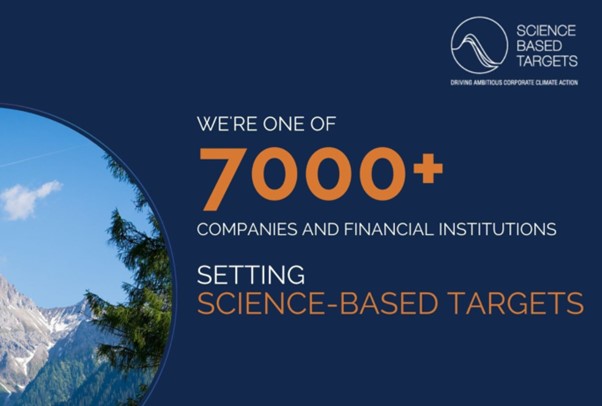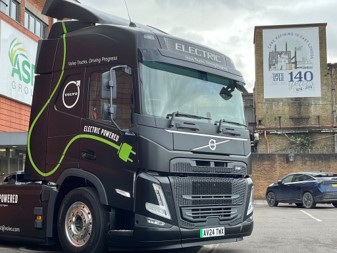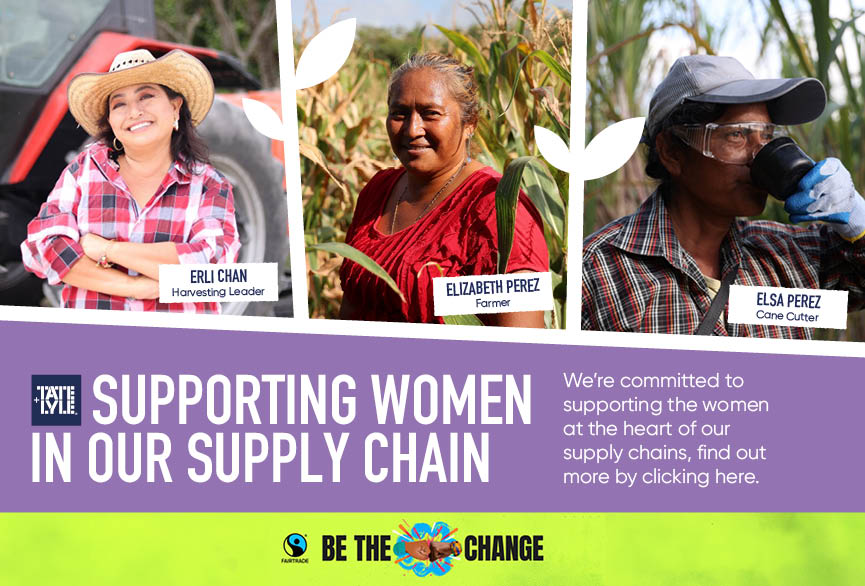15/02/2025 Case study
ASR Group’s carbon reduction targets approved by Science Based Targets Initiative (SBTi)
ASR Group is working diligently to reduce our carbon footprint, and we are proud that our near-term and net-zero greenhouse gas (GHG) emission targets were approved by the Science Based Targets initiative (SBTi).
The SBTi, a third-party corporate climate action organisation, helps companies worldwide seeking to combat the climate crisis. The SBTi develops standards, tools and guidance that allow companies to set GHG emissions reductions targets, which according to the SBTi, are in line with what is needed to keep global heating below science-based target levels and reach net-zero by 2050 at the latest.
After a rigorous 30-month process to validate our carbon reduction targets for 2030 and 2050, the SBTi published its approval of both goals in December 2024.
In receiving the net-zero target approval from the SBTi, we joined an exclusive group of the top 7,000 companies worldwide for Scopes 1, 2 & 3 approvals. Scopes 1 and 2 relate to our operations’ direct and indirect emissions and Scope 3 relates to the emissions associated with our value chain.
Our targets
Our commitment is to achieve net-zero carbon emissions across the value chain by 2050. The SBTi divided our commitment into near-term and long-term targets. With SBTi, for the near-term targets, we are working towards reducing absolute Scope 1 and 2 GHG emissions 42% by 2030 from a 2022 base year. Further, we are working to reduce absolute Scope 3 GHG emissions 63% by 2034 from a 2022 base year. As for the long-term targets, we are working to reducing absolute Scopes 1, 2 and 3 GHG emissions 90% by 2050 from a 2022 base year.
Slight variations exist between the way we report our SBTi commitments compared to those in our ASR Group Sustainability Report due to differences in calculation methods and disclosure requirements used by SBTi. Nevertheless, the commitments approved by SBTi remain aligned with our goals to achieve a 50% net reduction in Scopes 1 and 2 emissions from our 2012 baseline; to reach neutrality by 2040; and to attain Net Zero by 2050. Moving forward, we will report our progress against the 2012 baseline in our Sustainability Report and disclose against the new 2022 baseline through carbon accounting platforms.




